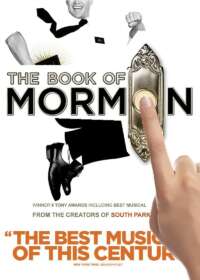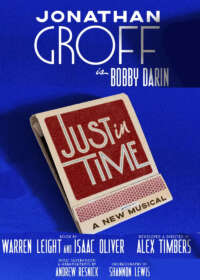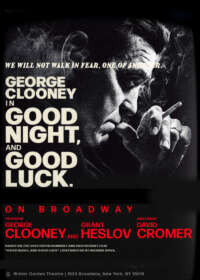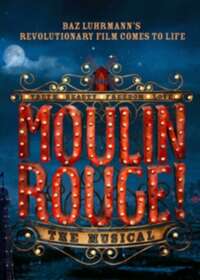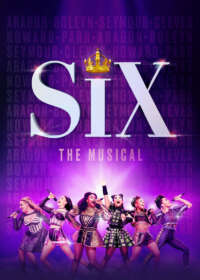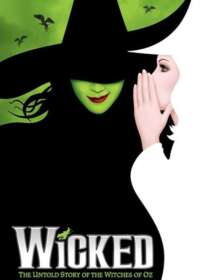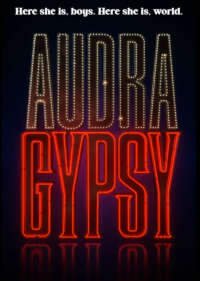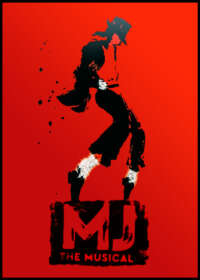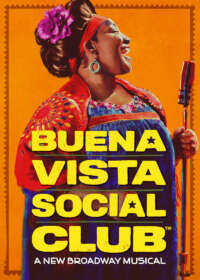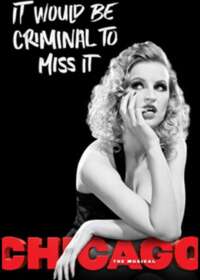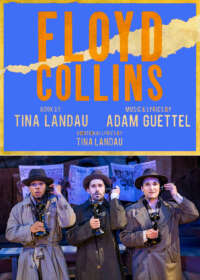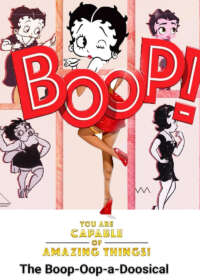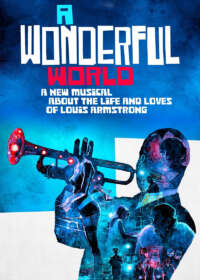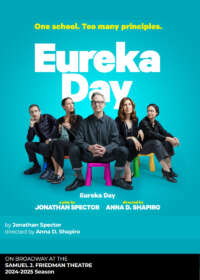New York Show Tickets
Broadway Shows
Broadway's Great White Way has 41 active theatres and as many Broadway shows can be performing at any one time. The Broadway show list is often in flux as new shows are opening and end-of-run shows are closing all the time.
Most Broadway shows do not last more than 3 months on the boards, while a few popular Broadway shows can stick around for many few years, as long as the show continues to sell tickets. The initial investment cost of putting on a Broadway show is quite high, so Broadway show producers often set the ticket prices high and will then discount the show tickets to generate some momentum down the line. This is especially true for a show when its Broadway show ticket sales starts to flag - and this is where we come in.
Types of Broadway Show Tickets:
Broadway show producers have many ticket methods that include:
- Face Value Broadway Tickets (The Price Printed On The Ticket)
- Discount Codes (A Discount On The Face Price)
- Ticket Lotteries (Limited Number Of Good Seats Offered Via a Lottery at a Low Price)
- RUSH Tickets (Broadway Tickets Sold At The Theatre In The Early Morning)
- Standing Room Only Tickets (Tickets For Seats That Do Not Have Seats)
- TKTS Ticket Booths (Discounted seats at the TKTS Booths)
- Student Rush Tickets (Student Pricing)
- Secondary Market Ticket Resellers (Ticket Brokers Selling The Most Popular Tickets For More Than Face Value)
Other Broadway Ticket Mechanisms Include
- Second Acting (Sneaking Into The Theatre At The Intermission)
- Group Discounts (Getting a Large Amount of Broadway Tickets For Group)
- Loyalty Programs (Regular Buyers Get Special Deals)
- Partial View (Seats That Have Their View Of The Stage a Little Blocked)
- Kids Night On Broadway (Twice a Year, Kids Get In For Free)
- Wednesday Matinee Discounts (Shows Cater To Older Matinee Crowd)
- Email Offers (Get On A List To Get Offers)
- Box Seats (These Odd Seats Look Great, But Are Not)
- Student and Charity Discount Tickets (Students And Charities Get Special Access
Bringing All Walks of Life to Broadway Shows
The goal for Broadway shows is to bring in as many people as possible to see a show, while still making the show profitable. They aim to achieve both goals without damaging the brand of the show (by giving away really cheap or free tickets).
Some popular Broadway shows will sell discount tickets even if they do not need to. The Broadway industry intends to bring theatre into everyone’s lives and If the regular ticket prices become too high for the masses to afford, then show producers will provide some sort of discount ticket options.
The vast majority of Broadway shows do not make a profit and they ultimately lose money for the show investors. On the flipside, the very top Broadway shows can make a small fortune in ticket sales. This is increased exponentially when the show goes on a tour following a successful Broadway run.
Broadway Shows
Broadway's Great White Way has 41 active theatres and as many Broadway shows can be performing at any one time. The Broadway show list is often in flux as new shows are opening and end-of-run shows are closing all the time.
Most Broadway shows do not last more than 3 months on the boards, while a few popular Broadway shows can stick around for many few years, as long as the show continues to sell tickets. The initial investment cost of putting on a Broadway show is quite high, so Broadway show producers often set the ticket prices high and will then discount the show tickets to generate some momentum down the line. This is especially true for a show when its Broadway show ticket sales starts to flag - and this is where we come in.
Types of Broadway Show Tickets:
Broadway show producers have many ticket methods that include:
- Face Value Broadway Tickets (The Price Printed On The Ticket)
- Discount Codes (A Discount On The Face Price)
- Ticket Lotteries (Limited Number Of Good Seats Offered Via a Lottery at a Low Price)
- RUSH Tickets (Broadway Tickets Sold At The Theatre In The Early Morning)
- Standing Room Only Tickets (Tickets For Seats That Do Not Have Seats)
- TKTS Ticket Booths (Discounted seats at the TKTS Booths)
- Student Rush Tickets (Student Pricing)
- Secondary Market Ticket Resellers (Ticket Brokers Selling The Most Popular Tickets For More Than Face Value)
Other Broadway Ticket Mechanisms Include
- Second Acting (Sneaking Into The Theatre At The Intermission)
- Group Discounts (Getting a Large Amount of Broadway Tickets For Group)
- Loyalty Programs (Regular Buyers Get Special Deals)
- Partial View (Seats That Have Their View Of The Stage a Little Blocked)
- Kids Night On Broadway (Twice a Year, Kids Get In For Free)
- Wednesday Matinee Discounts (Shows Cater To Older Matinee Crowd)
- Email Offers (Get On A List To Get Offers)
- Box Seats (These Odd Seats Look Great, But Are Not)
- Student and Charity Discount Tickets (Students And Charities Get Special Access
Bringing All Walks of Life to Broadway Shows
The goal for Broadway shows is to bring in as many people as possible to see a show, while still making the show profitable. They aim to achieve both goals without damaging the brand of the show (by giving away really cheap or free tickets).
Some popular Broadway shows will sell discount tickets even if they do not need to. The Broadway industry intends to bring theatre into everyone’s lives and If the regular ticket prices become too high for the masses to afford, then show producers will provide some sort of discount ticket options.
The vast majority of Broadway shows do not make a profit and they ultimately lose money for the show investors. On the flipside, the very top Broadway shows can make a small fortune in ticket sales. This is increased exponentially when the show goes on a tour following a successful Broadway run.
In Previews Soon





Red Carpet Opening Soon







